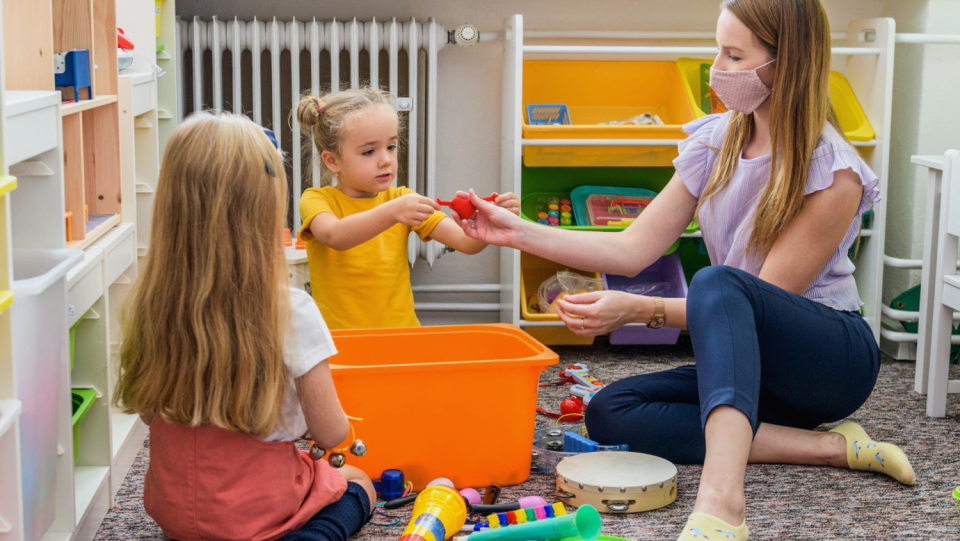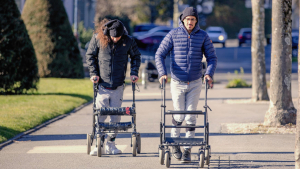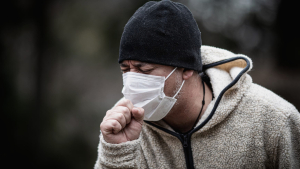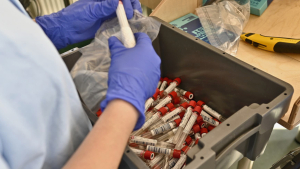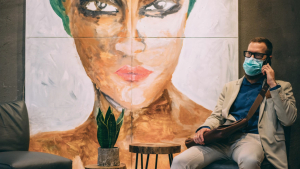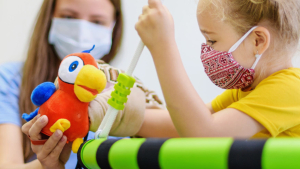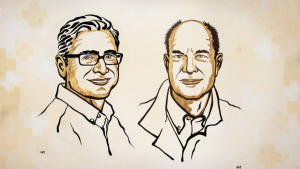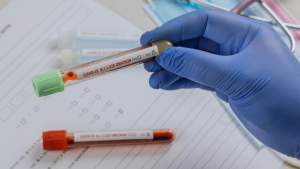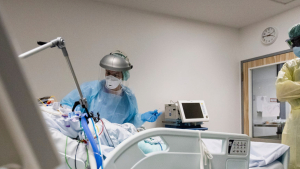In order to detect Corona outbreaks in daycare centers in good time, only at least half of the children have to be tested. This is a result of the so-called Würzburg Kita-COV study, the results of which were published in the journal "Jama". The last child does not necessarily have to be tested, explained the study leader Oliver Kurzai and Johannes Liese from the University of Würzburg on Wednesday of the German Press Agency.
Between October 2020 and March 2021, the interdisciplinary study team investigated which test method children, parents and kindergarten staff best accept in nine Würzburg day care centers. A total of 954 people participated in the study. Based on the results, the researchers have now created a twelve-page handbook for kindergartens and parents parallel to the scientific publication. The researchers consider the recommendations to be correct, despite the longer ago study date, also in view of the Omykron variant.
"It is important that we are not looking for a concept that is the same for every daycare center," said microbiologist Kurzai. The speed of the test results is essential. A PCR test is more reliable, but if the evaluation takes a long time, an antigen test is better. The researchers had compared so-called spit tests for PCR examinations with nose smears for antigen fast tests. So -called Lollitsts did not appear in the study. "But you are certainly a very good method," says Liese.
The 50 percent participation rate is a minimum value – more is of course better. The Würzburg researchers are also in favour of booster vaccinations for kindergarten staff. In addition, they recommend actively involving the children and, for example, giving them a stamp on a stamp caterpillar for each test. "We consider kindergarten closures to be the very last measure that should be taken," said Liese from the University Hospital of Würzburg.







